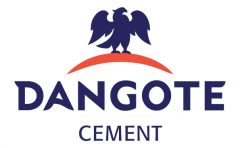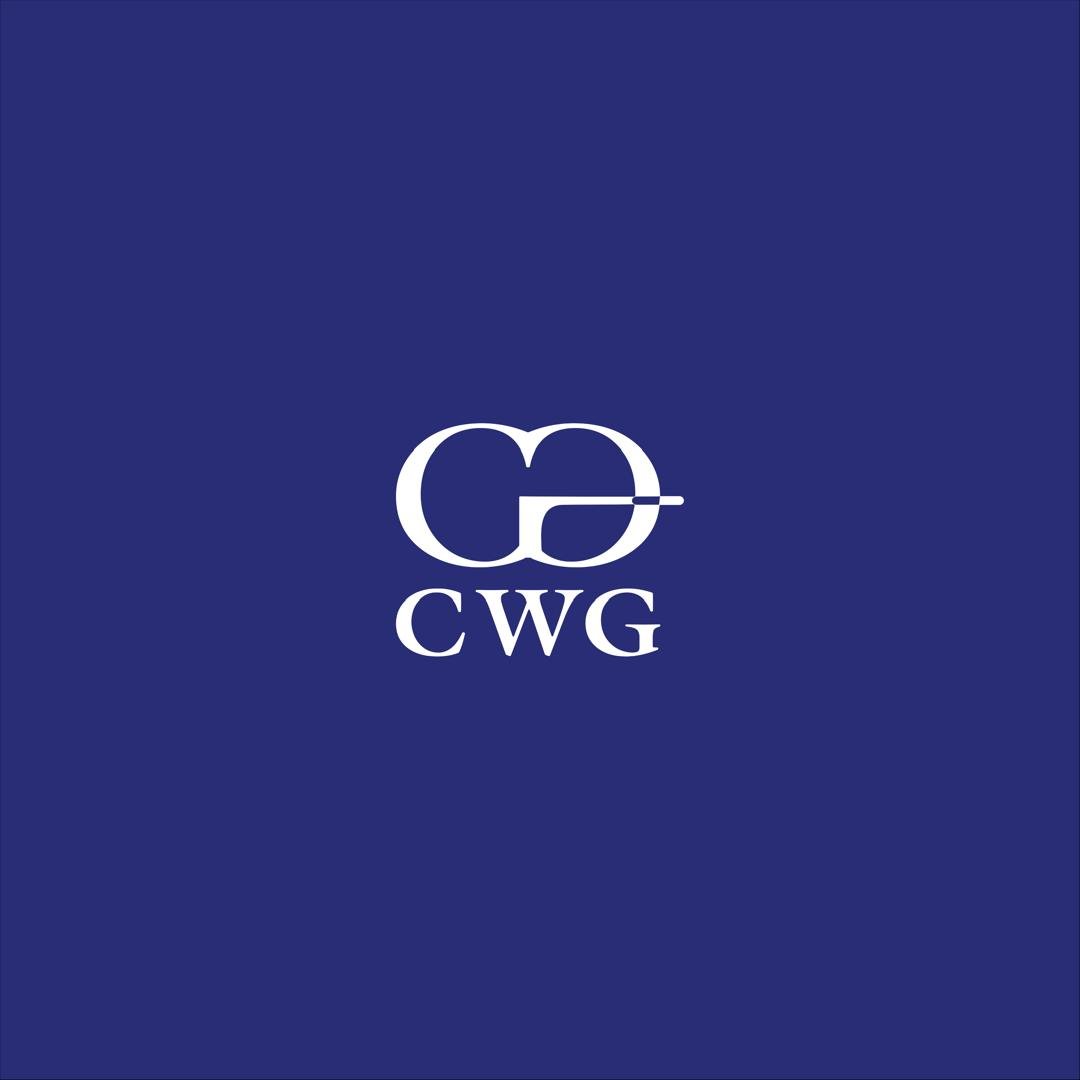
Says Parent Company Subsidy Threatening Going Concern Basis
Akintola Williams Deloitte, external auditors of Northern Nigerian Flour Mills Plc has expressed reservation over the continued provision of subsidy from Flour Mills of Nigeria Plc, its parent company, saying that such poses potential risk to the company.
According to the auditors’ statement, NNFM reported operating income, which included an intra-group subsidy of N390m from the parent company, which holds 53% stake.
According to the auditors, “the parent company (Flour Mills of Nigeria Plc) pays a subsidy for every metric tonne of sales volume short of 50,000 metric tonnes. In the current year (March 2017) parent company have approved an increase in the subsidy from N5,000 per metric tonne to N9,000 per metric tonne.
“In the past two years, the entity recorded total comprehensive loss of N11.359m (2016: N175.67m) which were cushioned by the intra-group subsidy provided by the parent company. With the exclusion of the intr-group subsidy, the total comprehensive loss for the year would have been N401.37m (N377.13m), which is a potential threat to the going concern of the entity,” the auditors added.
To continue as a going concern however, Akintola Williams Deloitte noted the management’s plan to diversify the company’s operation into production of sorghum, following which it upgraded its D-Mill to redesign. Vialbilty of sorghum, it said was assessed by confirming the existence of adequate demand for the product through review of customers’ demands and sale of the product from the test run production. The product is also to be sold to the parent company on sustainable basis.
The auditors also confirmed the strong support of the parent company for NNFM’s recovery plan, with its provision of N800m loan for working capital and another N1.4bn to support financing of the company’s sorghum mill project.
“Despite the loss making situation, there is no material uncertainty on the ability f the entity to continue as a going concern,” it concluded.
As if in response to this fear, the directors expressed belief “that there is no intention or threat from any source to curtail significantly its line of business in the foreseeable future. Thus, these financial statements are prepared on going concern basis.”
Also, the board said there is nothing to suggest any impairment at the end of the 2017, just like prior year, following which the “directors are of the opinion that allowance for impairment is not required. The D-Mill plant which was idle during the year has been upgraded to enable the milling of sorghum which the directors have projected to be a major source of revenue in the next financial year.”
According to the audited result for the year ended December 31, 2017, sales revenue fell to N940.521m, the bulk of which was the N421.21m from rice, followed by N382.212m from massa flour and N102.143m earned from Germ flour. The revenue, for the second year was less than cost of sales at N967.784m was boosted mainly by the N684.584m cost of raw materials consumed, followed by N92.454m even as against N84.773m in 2016. The cost of sales dropped from N1.079bn in the corresponding period of 2016 also lifted by N808.278m spent on raw materials.
This left a gross loss of N27.263m, which represented a significant drop from the previous year’s N100.717m.
Net operating gains for the period rose faster to N429.984m, helped by the intragroup subsidy of N390.015m which did not exist in prior year, followed by N32.19m other income, as against N222.881m in the corresponding period of 2016. In 2016, net operating gains rose from N246.552m in 2016; while other losses fell to N89.991m, out of which ‘other operating charges’ rose to N65.703m from N36.959m which made up group cost allocated to NNFM by Flour Mills Nigeria, ahead of the loss on sale of assets and liabilities stood at N25.288m, as against N28.281m from N90.33m. Selling and distribution expenses jumped to N50.086m from N11.619m.
Administrative expenses N279.568m, a drop from N324.366m with allowance from bad debts dropped to N62.369m from N84.111m; while advertising cost soared to N38.172m from N192,000, while selling expense remained flat at N10.704m from N10.717m.
Operating profit stood at N8.364m from a loss of N280.48m. Investment revenue dropped to N23.983m from N47.409m; finance costs stood at N31.942m, leaving profit before tax of N405,000, which was wiped off by N16.639m taxation, which left net loss at N16.234m; while total comprehensive loss for the year was N11.359m, down from N175.666m, translating to loss per share of 9 kobo; a significant drop from 111 kobo.















